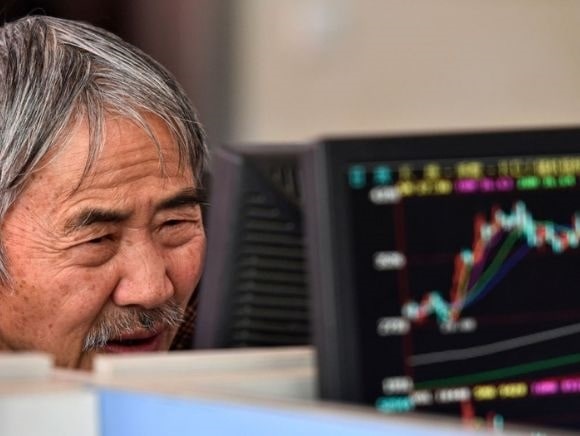China’s economy may be on the brink of a significant downturn. Does it spell trouble for the West? We have learned that China is the new global economic superpower that will overtake the United States shortly. However, a closer look shows that its growth is based on shaky foundations. Most of China’s asset values can be summarized in one word: housing. Unlike the stock market, property prices have consistently increased in China, resulting in most middle-class Chinese people investing their futures in owning at least one apartment.
The ever-increasing trend rests on a false sense of security. The housing boom has been fueled by debt from cheap, newly minted money from the Chinese central bank and cultural practices that cannot stand scrutiny.
First, many Chinese people are highly superstitious and believe that the previous owner’s spirit resides in the furnishing and decoration of the building. Therefore, an empty shell of an apartment, often not even with plumbing, is typically sold at a higher price than a fully completed and furnished home.
In Shanghai, one must pay around $1 million for a tiny 500-square-foot apartment in the city center. Yet, the average monthly salary is only about $1,400. Ordinary Chinese workers can afford this only because they get absurdly high loans, often by circumventing regulations and making back the price by selling the house at a higher price to the next buyer. That’s a bubble in the making.
To overcome these high costs, many have found it cheaper to buy an apartment outside the city. Construction companies have caught on to this trend and have taken up massive loans to build apartments where no one lives. There are so-called “ghost cities” with millions of empty houses all over China. These debt-financed shells of a home make up the foundation of one of the largest asset markets in the world.
COVID-19
The ghost cities in China have been known for years, but the problem has not disappeared. On the contrary, the housing market growth peaked in late 2019 and has slumbered and slowed during the COVID-19 era. For a normal economy, annual growth of 3-4% would be stellar, but China is built on an indebted house of cards and experiences the slowdown as a recession.

(Photo by Yin Liqin/China News Service via Getty Images)
It was sufficient to force China’s second-largest property developer, Evergrande, to default on interest payments on its debt in 2021. Evergrande is not alone in its troubles. All similarly sized property developers in China are equally indebted to the brink of default, and the slightest downturn can send all of them into bankruptcy.
The contracted sales of China’s top 100 real estate companies fell by 35% in December 2021. That is the first time in 20 years that these companies saw a decrease in annual sales, according to Cathie Wood, CEO of Ark Invest.
The situation has further deteriorated in 2022. Chief China economist at Nomura, Ting Lu, said that “the latest wave of Omicron and the widespread lockdowns in place since mid-March have resulted in a sharp contraction in government revenue, including land sales revenue.” The cash gap of nearly one trillion dollars must likely be filled with debt.
Recession
Wood believes that China faces a collapsing housing market bubble much like Japan’s crash in 1992, from which its economy has not fully recovered three decades later. If this happens, the global financial consequences will be significant. Could it spill over to America? 90% of LN’s readers think that the United States is headed for a recession. There is a good chance they are right. The combined disruption of the Omicron lockdowns with the market troubles in the wake of the Ukraine war may be enough to tip the economy of China into freefall. That would surely affect Americans, but perhaps far less than its devastating effect on the lives of ordinary Chinese people.












